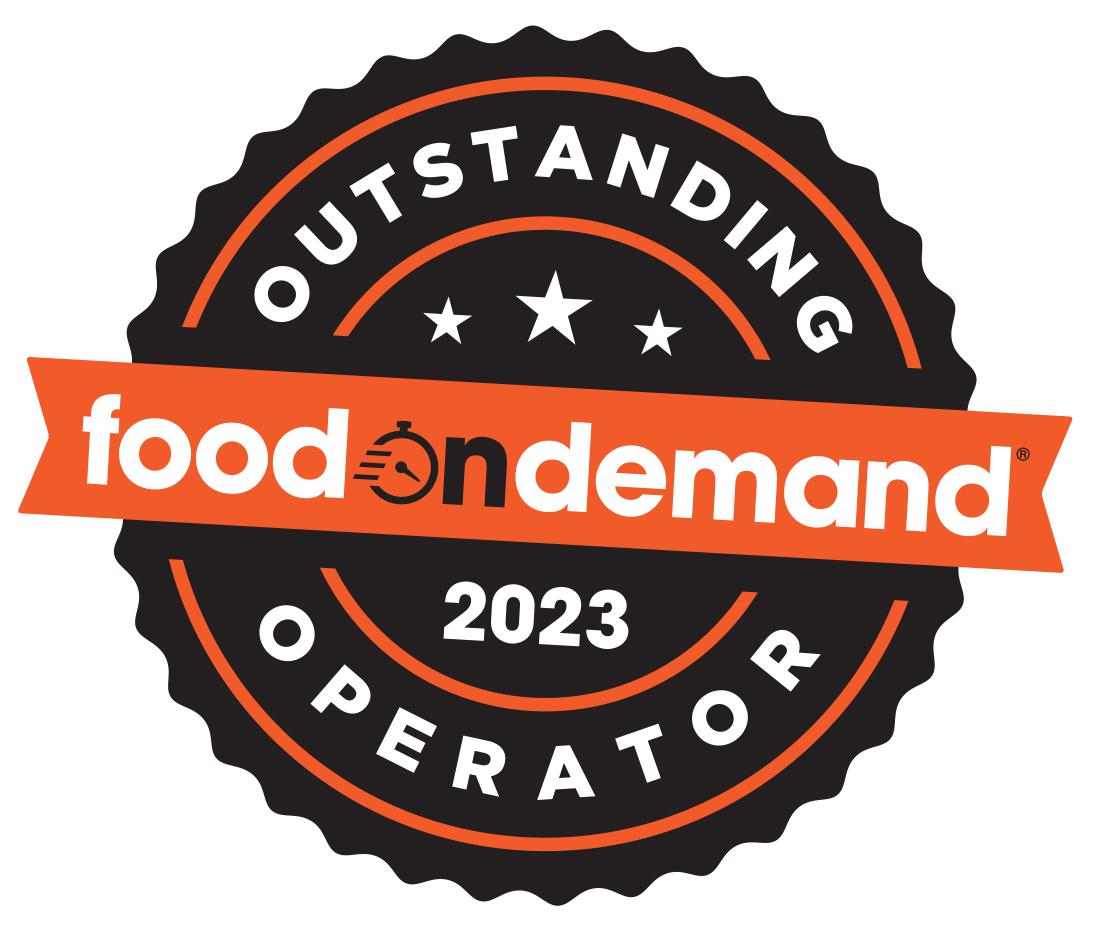Wyndham Resorts delivers supermarkets directly to guests
Hunting down the closest grocery store in an unfamiliar city can be a struggle for travelers, but Hawthorn Suites by Wyndham is working to alleviate this pain with a new pilot service. The extended-stay brand has launched a grocery delivery offering, bringing groceries straight to guests’ doors through new partnerships with Instacart, a retail delivery service, and Peapod, an online grocer. The service is piloting at eight Hawthorn Suites hotels around the United States, including major cities like Chicago and Philadelphia.
TripAdvisor announces GrubHub partnership
TripAdvisor signed an agreement integrating GrubHub’s restaurant network into the TripAdvisor website and mobile app. Users will be able to access the GrubHub feature through a restaurant’s landing page on TripAdvisor.
DoorDash begins using robots, electric bikes to deliver food
DoorDash is diversifying its delivery options with the introduction of non-traditional forms of transport to ease its deliveries. In January, the brand announced a partnership with Starship Technologies, to start integrating its delivery robots into DoorDash’s operations. Consumers in Redwood City, California, started testing the pilot starting last March. The robots have a small carrying capacity, and are used for short-distance orders. DoorDash also introduced a new partnership with GenZe, a company behind zero-emission electric bikes, as an alternative mode of transportation for delivery drivers. The bikes, which can move at up to 20 miles an hour without pedal power, are offered for “dashers” in Los Angeles, San Francisco, Vancouver and Washington, D.C.
Blue Apron acquires BN Ranch
Bill Niman, who has supplied Blue Apron with grass-fed beef and free-range turkey for more than two years, officially sold his ranch to the company in March. The meal-kit pioneer now owns the BN Ranch brand, and added Niman to its team.
Sun Basket shines brightly after infusion of cash
Sun Basket, a start-up meal-kit company focusing on healthy recipes using organic ingredients, has raised $9 million in a series C-2 round of venture funding led by Unilever Ventures, with Baseline Ventures and Founders Circle Capital. The investment brings the startup’s total capital raised to-date to $52 million, according to techcrunch.com. Executive Chef Justine Kelly of Slanted Door and Iron Chef fame is the culinary force behind the company’s recipes. The company recently opened a facility in the Midwest that allows it to deliver meal kits to 98% of the U.S. The new funding will be used to ramp up marketing, scale operations as well as new packaging materials.
Grocery store jumps on meal-kit bandwagon
Publix Super Markets Inc. is making its own meal kits in an attempt to woo consumers over to on-demand home cooking rather than restaurant takeout and delivery. The pre-bagged meal kits come in three levels of preparation: simplest, which requires heating the food; simpler, which could mean up to four steps; and simple, a meal that takes up to six steps. The kits currently available at the store in Tampa, Florida, range from $9.99 to $37.99, according to Tampa edition of the Business Journal.
Naspers international buying spree continues
Berlin-based Naspers has invested $421.3 million in the online food ordering and delivery business Delivery Hero. The investment comes amid increasing speculation of an initial public offering for the Berlin-based food delivery business, according to techcrunch.com.
New Figures on meal delivery kits
Analyst Morningstar’s Consumer Observer report estimates that almost 19 million U.S. consumers will have tried an online meal-kit service by 2021, with more than 11 million actively ordering meal-kit services, whereas in 2016, 8 million people tried an online meal-kit service. Morningstar expects U.S. online grocery sales to grow 18 percent to $14.2 billion in 2017. However, 2018 and 2019 will represent a key inflection point for online grocery sales in the U.S., with industry growth accelerating to 23 percent and 26 percent, respectively, driven by the halo effect of meal-kit services on online grocery sales.



